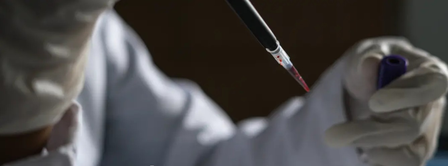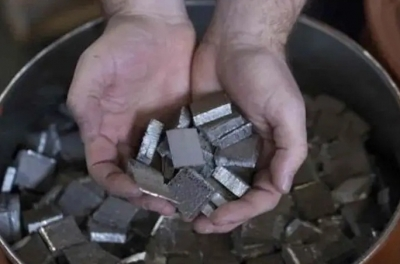
New Delhi, Oct 9 (IANS) The recently launched phase-III of the Biomedical Research Career Programme (BRCP) will help bridge regional disparities and promote women scientists in the country, the government said on Thursday.
Earlier this month, Phase III of the BRCP, to be implemented during 2025-26 to 2030-31, with an extended service phase up to 2037-38, was approved by the Union Cabinet.
“BRCP Phase-III aims to bridge regional disparities and promote inclusivity — especially for women scientists,” according to an official statement.
The programme supports scientists at different stages of their careers through fellowships and collaborative grants, encouraging high-quality, ethical research to tackle key public health challenges in India.
The Phase-III will be implemented with a total outlay of Rs 1,500 crore. Of this, the Department of Biotechnology under the Ministry of Science and Technology will contribute Rs 1,000 crore, while the Wellcome Trust (UK) will contribute Rs 500 crore.
“Phase-III is expected to set new benchmarks for biomedical excellence in India,” according to an official statement.
The Phase III of BRCP will train over 2,000 students and post-doctoral students fellows, enable high-impact publications, generate patentable discoveries, and push 25-30 per cent of collaborative programmes to Technology Readiness Level (TRL-4).
In addition, “the programme will also provide a 10-15 per cent increase in support to women scientists, encouraging greater inclusivity in India’s research ecosystem,” the statement said.
“The initiative is directly aligned with the national vision of Viksit Bharat 2047, positioning India as a global hub for biomedical innovation and translational research,” it added.
The BRCP will nurture top scientific talent, advance interdisciplinary and translational research, and strengthen research ecosystems.
Biomedical research in India has previously contributed to the development of low-cost diagnostics like CRISPR-based kits and dengue rapid tests, indigenous vaccines for pneumonia, measles-rubella, and Covid-19.
“These efforts are making healthcare more accessible, equitable, and self-reliant, and positioning India as a global leader in biomedical innovation,” the statement said.
–IANS
rvt/




